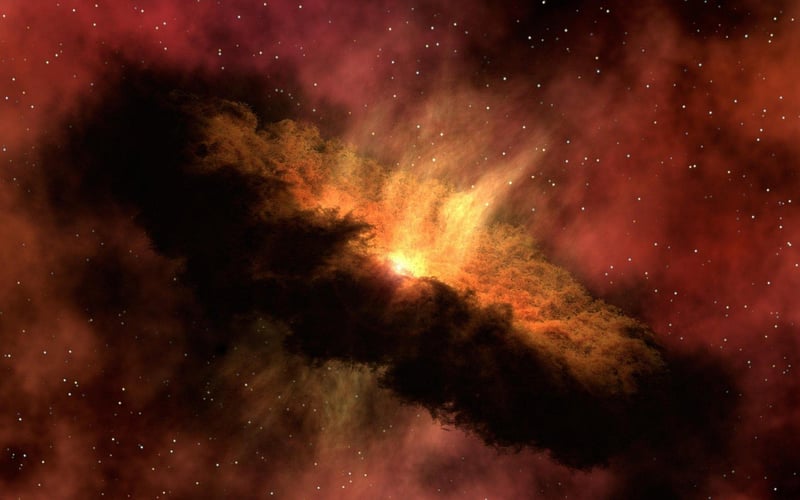Interstellar Colonization
Exploring Potential Destinations Beyond Our Solar System
Humanity has always been curious about what lies beyond the confines of our solar system. With the advancement of technology and space exploration, the possibility of reaching and colonizing other star systems is no longer confined to the realm of science fiction. Let's delve into some of the potential destinations beyond our solar system that have captured the imagination of scientists and space enthusiasts alike.
1. Proxima Centauri b
Located just over 4.2 light-years away from Earth, Proxima Centauri b orbits Proxima Centauri, the closest star to our solar system. This exoplanet lies within the habitable zone of its star, making it a prime candidate for potential colonization in the future.

2. TRAPPIST-1 System
The TRAPPIST-1 system, located around 39 light-years away, gained attention for its seven Earth-sized planets, three of which are within the habitable zone. The close proximity of these planets to each other offers the possibility of interplanetary travel and resource sharing.

3. Tau Ceti e
Tau Ceti e is an exoplanet orbiting the star Tau Ceti, located about 12 light-years away from Earth. Although it resides at the outer edge of the habitable zone, it presents an intriguing option for future exploration and colonization efforts.

Interstellar Colonization
Interstellar colonization involves establishing human settlements beyond our solar system. While the challenges are immense, including vast distances, time constraints, and resource limitations, the potential benefits of expanding our civilization to other star systems are equally significant.
Challenges of Interstellar Colonization
- Traveling at relativistic speeds to overcome vast distances
- Sustainability of life support systems for long-duration space travel
- Adapting to new environments and planetary conditions
- Resource management in distant star systems
Advantages of Interstellar Colonization
- Ensuring the survival of humanity in the event of catastrophic events on Earth
- Expanding scientific knowledge and understanding of the universe
- Potential for discovering new resources and habitable planets
- Fostering cultural exchange and diversity on a cosmic scale
While interstellar colonization remains a distant dream at present, ongoing research and technological advancements bring us closer to the possibility of venturing beyond our solar system and establishing a human presence in the vast expanse of space.
